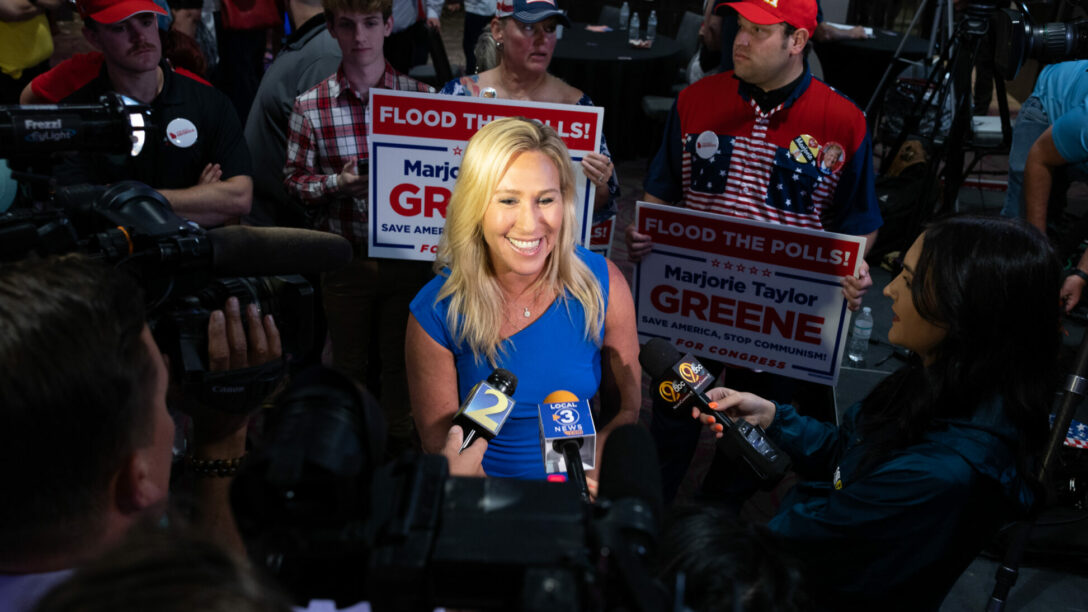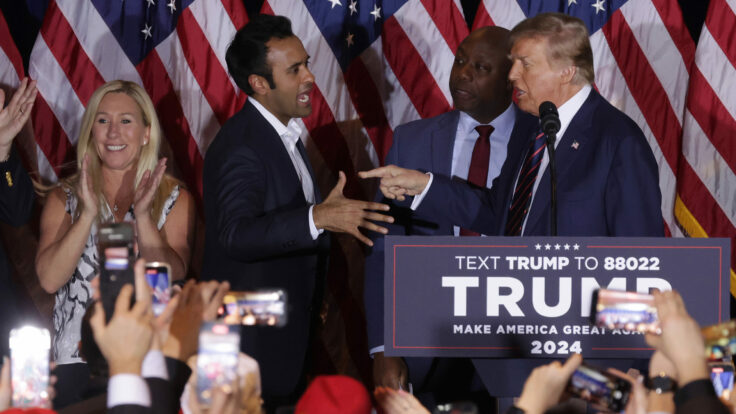Robert Draper and I intersected nearly a decade ago when we were both writing for The New York Times Magazine. We met up at the very old-school bar at Washington’s Jefferson Hotel to get to know each other as colleagues, but became immediate friends instead, bonded by our love of wine, food, and travel.
Robert—or Draper, as he is affectionately known in our business—and I came from radically different worlds. I was a Soviet Jewish refugee who wrote mostly about Russia and foreign affairs; Draper was a couple decades older, from a conservative part of Houston. He was so impossibly all-American. His grandfather was one of the Watergate prosecutors; his father a Marine, a devout Christian and a lifelong Republican. Draper wasn’t, but he understood that world, and would often drive me nuts by explaining it in deeply humanizing, irrefutable terms. He was a good translator and sherpa of the conservative south, of why people there thought the way they thought and felt the way they felt.

















